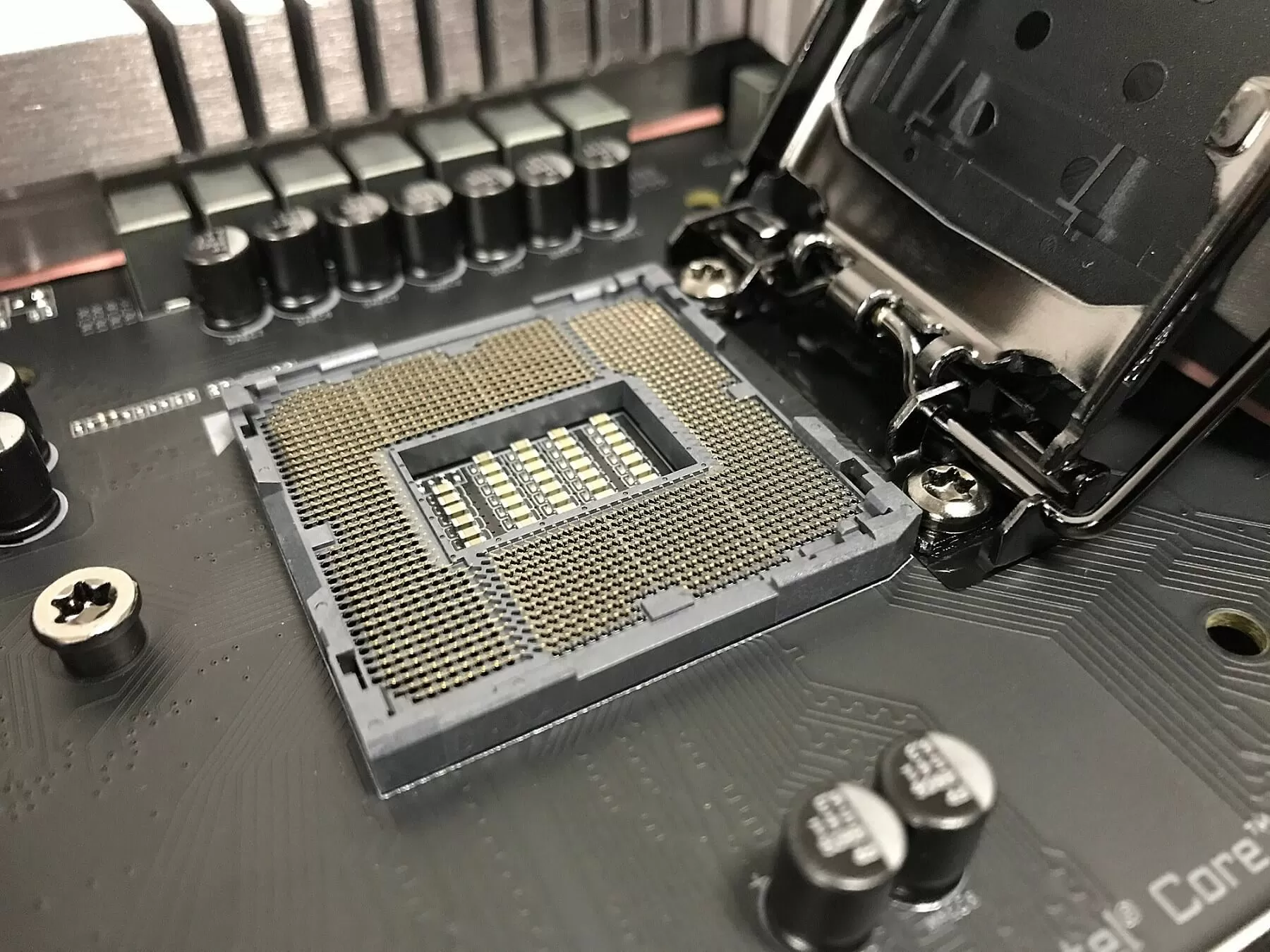Rumor mill: Are you considering buying one of Intel’s newly revealed 10th-gen Comet Lake desktop processors? If so, you’ll need a new Z490 motherboard that comes with the LGA 1200 socket, but if rumors are to be believed, these will only support a couple of generations of processor families, with 12th-gen Alder Lake CPUs switching to the LGA 1700 socket.

Soon after the new Core i9-10900K CPU was officially revealed last week, we heard that the 400-series motherboards it requires would also support 11th-gen Rocket Lake processors, which is when Intel will finally catch up with AMD by offering PCIe 4.0 support.
According to recent reports, lit-tech, a Taiwanese company that provides voltage regulation test tools to Intel in the Asia-Pacific market, has confirmed the LGA 1200 socket will only be used for two generations of processors. The site has listed a number of future Intel CPUs, including the codename for Alder Lake-S with a description revealing it supports the LGA 1700 socket.
?????
— 比屋定さんの戯れ言@Komachi (@KOMACHI_ENSAKA) January 2, 2020
ADL-S 45x37.5mm LGA1700.
The LGA 1200 socket has a lot in common with its predecessor. It comes with just 49 more pins and has identical 37.5mm x 37.5mm dimensions as LGA1150—it’s why coolers work with both sockets. With LGA 1700, however, there are rumored to be some big changes, including the chip shape changing from a square to a rectangle (45.00mm x 37.5mm), meaning no support from existing boards or coolers.
Alder Lake is rumored to launch in early 2022, though it might be later than that given we still have Comet Lake and Rocket Lake before then. The CPUs are said to mark Intel finally moving away from the 14nm process node and onto 10nm++. It’s also rumored to use a mix of big and little cores, with eight high-powered cores, eight energy-efficient ones, and integrated graphics (8+8+1), and later versions might support PCI 5.0 and DDR5 RAM.
https://www.techspot.com/news/85081-intel-alder-lake-12th-gen-cpus-rumored-use.html